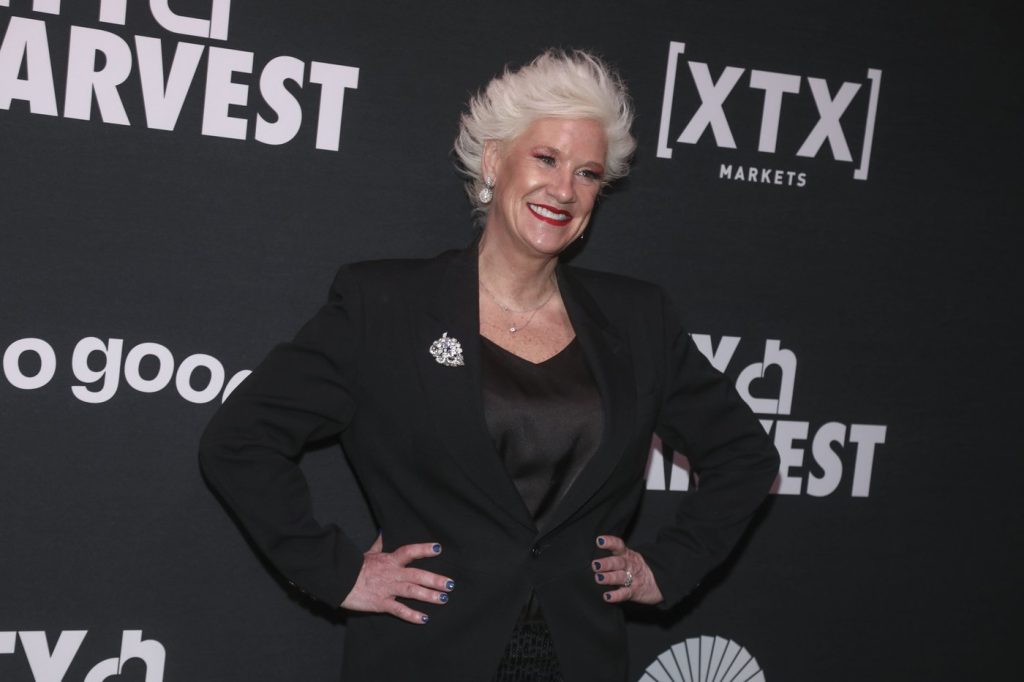NEW YORK (AP) – Carol Kaye, a legendary bassist known for her extensive work during the 1960s on numerous iconic songs, has made headlines by announcing her decision to decline induction into the Rock & Roll Hall of Fame. The 90-year-old musician conveyed her sentiments in an email to The Associated Press on Friday, reinforcing her stance that she wants no association with the Hall of Fame.
Kaye's announcement follows a Facebook post, later deleted, where she explicitly stated, “NO I won’t be there. I am declining the RRHOF awards show.” She clarified that her withdrawal from the induction ceremony, which is scheduled for November, is rooted in her belief that the Hall does not adequately recognize the contributions of studio musicians during what she describes as the golden era of 1960s recording. The notable class set for induction includes other prominent figures such as Joe Cocker, Chubby Checker, and Cyndi Lauper.
Throughout her illustrious career, Kaye has contributed to classic tracks, including Simon & Garfunkel's “Homeward Bound,” the Beach Boys' “Good Vibrations,” and the Monkees' “I’m a Believer.” She was part of a talented group of session musicians, famously referred to as “The Wrecking Crew,” a label she has expressed disdain for, as she feels it misrepresents her role as a musician. In her deleted Facebook post, Kaye remarked, “I was never a ‘wrecker’ at all; that’s a terrible insulting name.” This animosity toward the moniker seems to be a significant factor in her decision to decline the honor.
The Rock & Roll Hall of Fame’s official website does not mention the nickname associated with Kaye, a fact that might have contributed to her decision. As is common in the music industry, many artists have been inducted into the Hall of Fame even in their absence or posthumously. Notably, the Sex Pistols famously rejected their induction in 2006 yet still became Hall of Famers. Similarly, in 2022, Dolly Parton initially declined her induction, arguing that someone more closely linked to rock and roll deserved the honor. However, she later reconsidered her stance and accepted the nomination.
At 90 years old, Kaye remains a powerful voice advocating for the recognition and respect of studio musicians. Her legacy not only includes her remarkable musical contributions but also her insistence on being acknowledged accurately within the industry. As the induction ceremony approaches, her choice to step back from the spotlight raises important discussions about the recognition of musicians who may not fit the conventional image of rock and roll yet have significantly impacted the sound and success of countless hits.
While no immediate comment has been issued by Hall representatives regarding Kaye's decision, her choice is indicative of the ongoing dialogue about the categorization and appreciation of musicians in popular music. Kaye's story serves as a reminder of the crucial, yet often unheralded, role that studio musicians play in shaping the music we know and love today.
___
Andrew Dalton And Hillel Italie, The Associated Press












